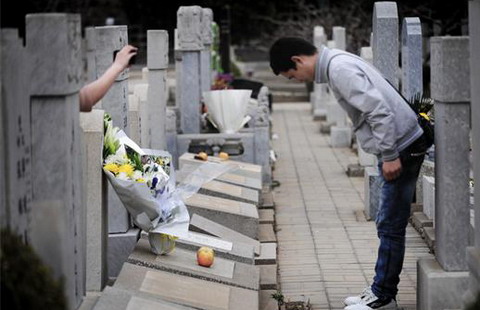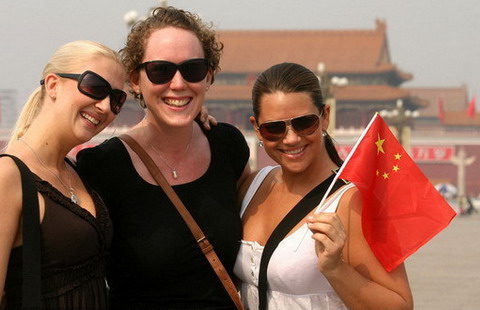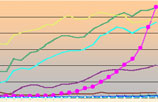Talks, not bombs, needed to end Yemen conflict
By Wang Hui (China Daily) Updated: 2015-04-02 07:38If the sectarian conflict drags on, there is a possibility of Yemen becoming another Iraq or Syria where terrorist groups, the Islamic State in particular, have seized the opportunity to wreak havoc. As a relatively poor Arab country, Yemen has become the hotbed of one of the most active al-Qaida terrorist groups in the Middle East. Al-Qaida in the Arabian Peninsula, which emerged in 2009, has claimed responsibility for a number of attacks on Yemen's army and government institutions.
Worse, the IS group has spread its evil tentacles to the turbulent country, claiming responsibility for three bombing attacks in Yemen's capital of Sana'a and Saada province which killed 137 people on March 20.
With the crisis intensifying, Yemen is losing the status as a united country and becoming a battlefield for both internal and outside forces, which will cast a darker shadow over regional security.
To prevent the conflict in Yemen from dragging on, as UN Secretary-General Ban Ki-moon pointed out over the weekend, the conflicting parties have to enter negotiations mediated by the UN. In line with the UN's proposal, China too has called for a political resolution to the conflict.
The international community also has to step up its mediation efforts in Yemen so that political dialogues between the conflicting sides can be held to restore peace and order at an early date.
The author is a senior writer with China Daily
wanghui@chinadaily.com.cn











